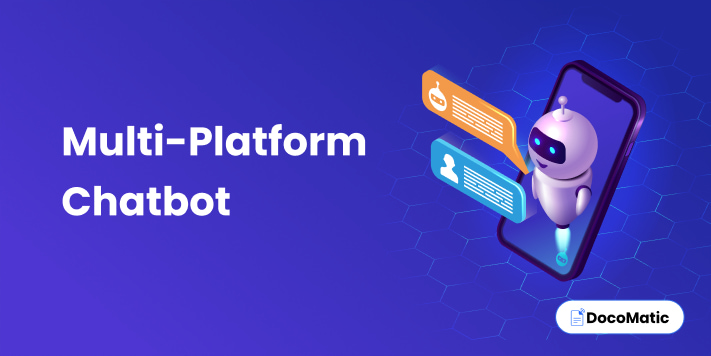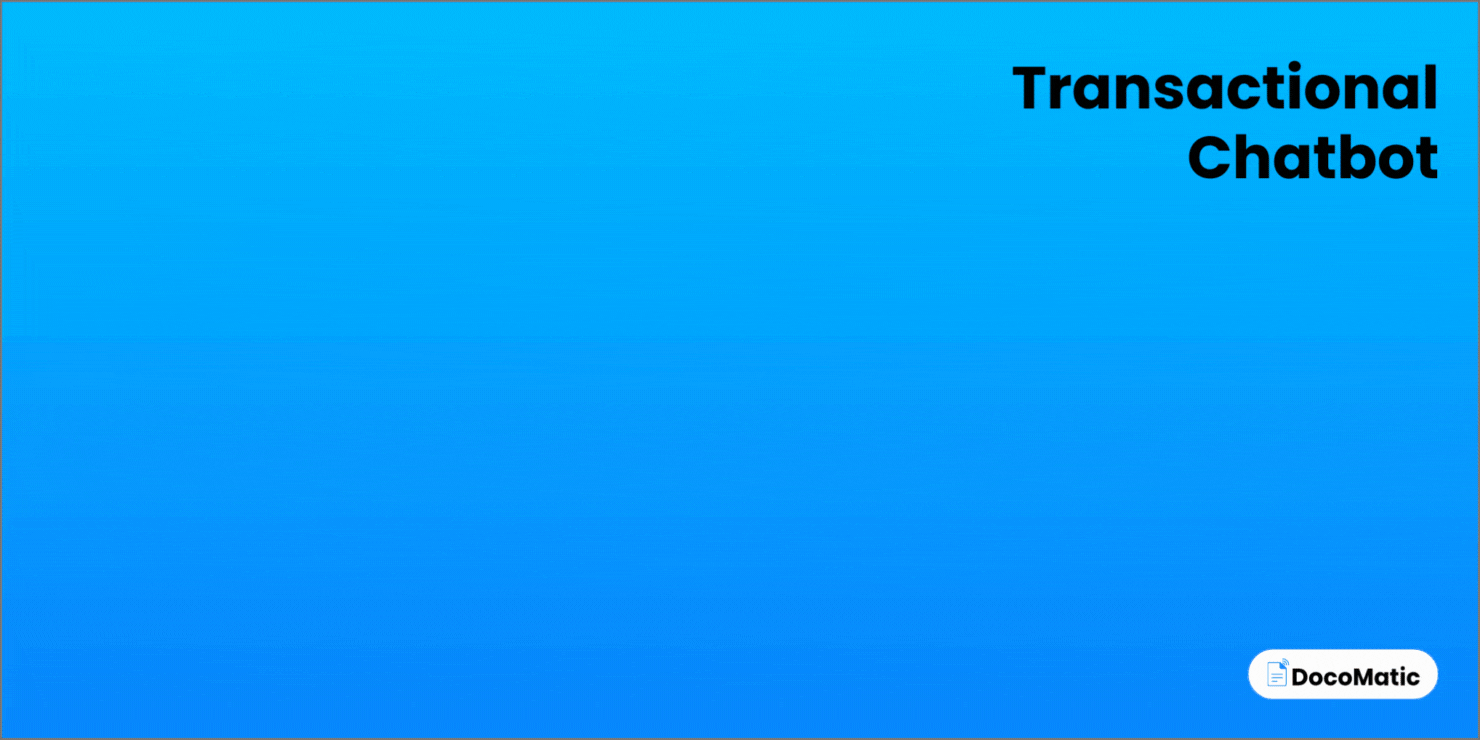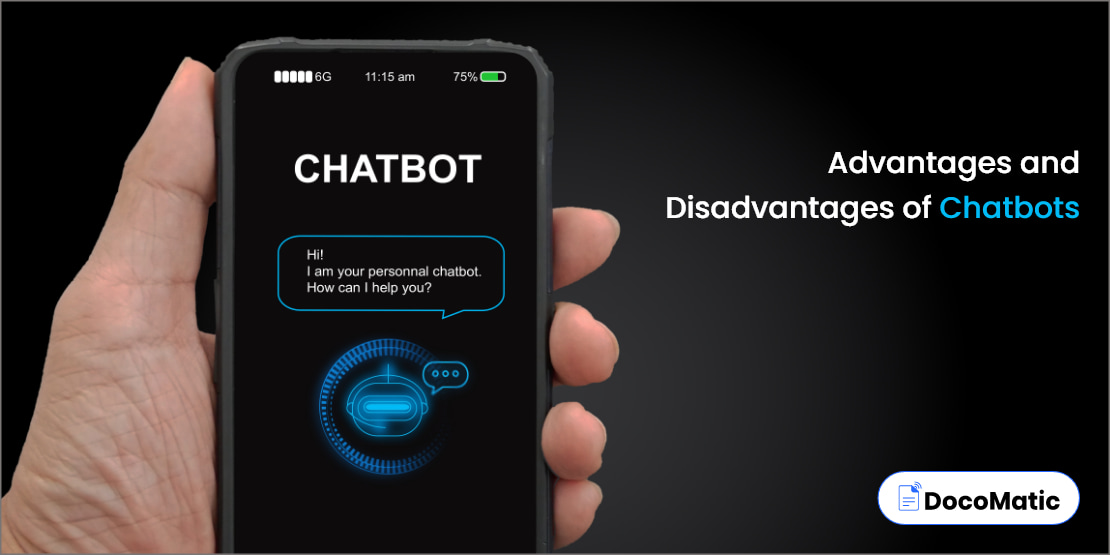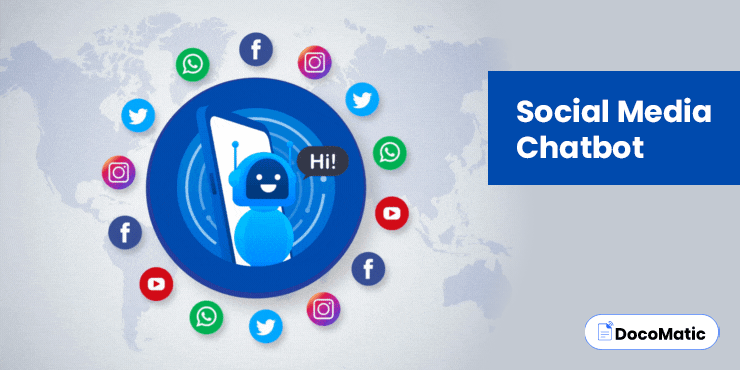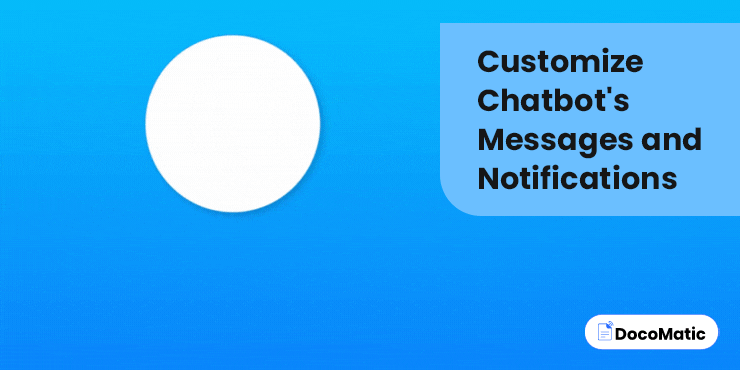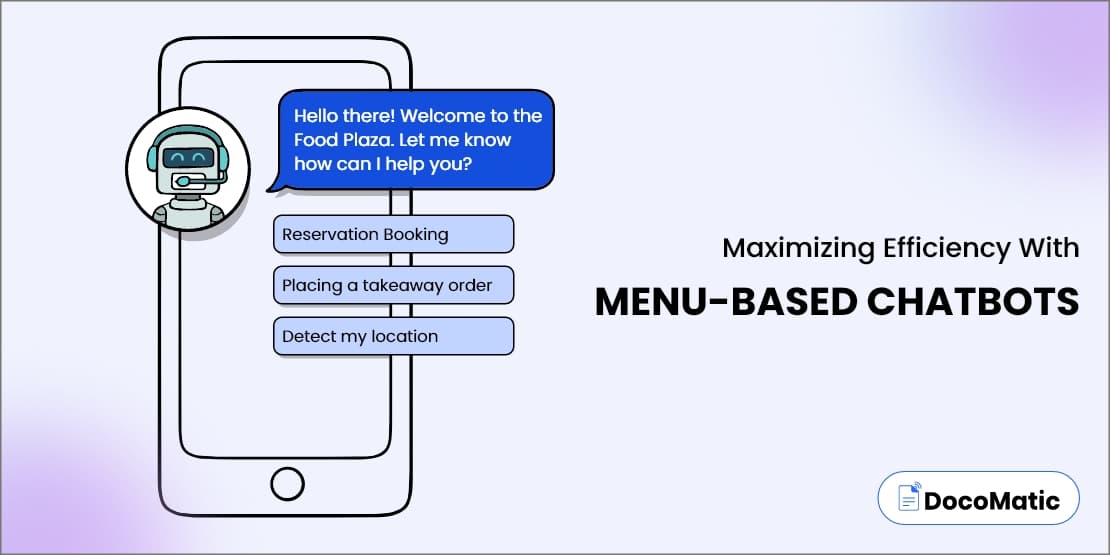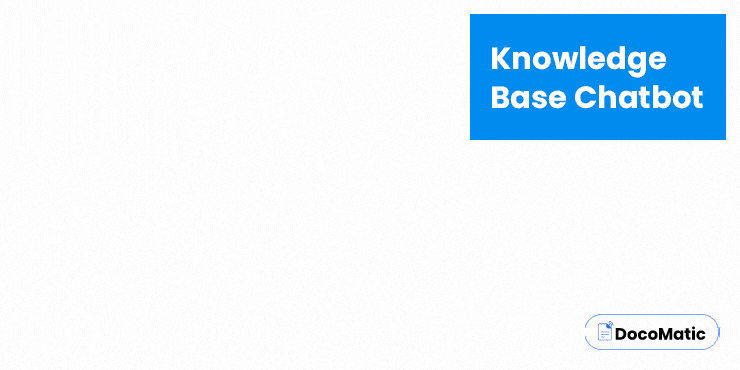Usage of AI-powered Chatbots is right now taking off to see exponential growth in the coming years. In fact, by 2027, the chatbot market size worldwide is expected to cross $1.9 billion from $396.2 million in 2019, as per Fortune Business Insights.
These days a business can integrate a chatbot into their website, social media accounts, messaging apps, and mobile apps. This empowers it to connect and interact with its audience from anywhere.
However, the problem is that the business has to develop and train a separate chatbot for each of these platforms. And that is a lot of hassle. But, thankfully, there is a solution – multi-platform chatbots.
So today, we will show you what is a multi-platform chatbot and why it is effective for your business support. But let’s start with what problems you may face by deploying the traditional chatbot.
Table of Content
Problems of Using a Single-platform Chatbot
A single-platform chatbot, as the name suggests, is a chatbot that works only on the platform it is designed for.
For example, if you have developed it for your website, you can only use it there and not elsewhere such as your social media accounts.
As you may have guessed, there are many problems with it. So let’s understand them:
1. Limited reach
A single-platform chatbot covers only one of your communication channels. Thus, you will be in the dilemma of:
- Being satisfied with limited reach
Being limited in reach means you are missing out on many of your potential clients.
OR - Developing multiple chatbots
Obviously, this is very costly in terms of the money and energy you need to spend to pull this off.
2. Inconsistent user experience
Let’s assume you indeed break your sweat to develop multiple chatbots. But the problem here will be the inconsistency of your customer interactions across all the platforms.
This inconsistency can even lead to a downfall of the trust in your brand.
3. Increased development cost
As we said already, it can be expensive and time-consuming to create and maintain multiple single-platform chatbots for various channels.
This is because each chatbot uses a unique set of tools, APIs, and frameworks, which can raise the overall cost of development.
Now also add to this the extra mile you have to go to train and test EACH of your chatbots. This is the most crucial but time-sucking step for developing a reliable chatbot as you have to do it in real-time as your company makes any shift.
4. Data fragmentation
If you use single-platform chatbots, customer insights are often dispersed across various channels.
This shoots up a challenge to obtain a comprehensive picture of them. And thus, it may lead you to miss the opportunity to offer individualized advice and support.
5. Limited functionality
A single-platform chatbot might not be able to offer a multi-platform chatbot’s level of functionality and integration.
This may make it more difficult for your chatbot to satisfy customer needs and offer a seamless user experience.
Luckily, you don’t have to make all these compromises. Why? Because instead, you can opt for a multi-platform chatbot which takes away all of these headaches. So let’s take a deeper look into it.
Recommended: To discover more about a chatbot, read our blog on “What are Chatbots?”
What is a Multi-platform Chatbot?
A multi-platform chatbot is created to single-handedly serve various communication channels such as websites, social media platforms, messaging apps, and mobile apps.
It is developed using cross-platform development frameworks or APIs that enable it to communicate with users on various platforms.
For example, a multi-platform chatbot can be designed to work on Facebook Messenger, WhatsApp, Slack, and other messaging platforms. And along with them, you can even integrate the same chatbot with your website and mobile app.
Using a multi-platform chatbot has many advantages such as:
- Enables businesses to engage with their customers on various channels
- Provides a seamless experience
- Improves customer satisfaction
- Reduces the development cost and time
Till here, you have understood the difference between a single-platform and multi-platform chatbot and the benefits of using the latter. Now we will show you why it is the way forward to provide great customer support.
If you wish to know more information about chatbots, refer to this blog on general chatbots, their types, benefits, and use cases.
Why a Multi-platform Chatbot is Key for Effective Support?
A multi-platform chatbot is an antidote to all the limitations of its counterpart that we have already discussed. But what does that mean to you and your business in the real world?
1. Increased reach
As a business, you want to reach as many of your target audience as possible. But this cannot happen by engaging with them through only one or two platforms.
Nowadays, a growing or successful business looks to be present on all the platforms where its target audience is. But the problem is handling them all that once.
However, using a multi-platform chatbot gives you the best of both worlds – interaction with a wide audience with smart automation.
2. Consistent user experience
Consistency here means keeping your response to a query similar across all the platforms you opt to be on. This increases the trust in your brand.
And this is easy to achieve if you use a multi-platform chatbot because all the customer interaction will then be happening from a single source.
On contrary to this, deploying a separate chatbot for each platform means that you need to achieve this consistency voluntarily by training and testing all of them rigorously.
3. Cost-effective
You will definitely save a lot of money, time, and effort by going for a multi-platform chatbot. Think about it – you need to create just one chatbot which will also cut up on your usage of resources such as tools, APIs, and frameworks.
4. Improved effectiveness
Getting accurate data about your customers’ needs can give you an immense benefit. However, by deploying a separate chatbot on different platforms, you scatter the insights which may lead to a false interpretation.
Instead, if you choose the other option, you will get a combined insight into your interaction with your target audience. This boosts your effectiveness in delivering what they want.
You will also free up your manpower to allocate them elsewhere to more rewarding pursuits.
There are many benefits of using AI chatbots. And the ones supported on multiple platforms ease your life even more. But do you still have any nagging questions? Then, at last, let’s tackle them.
FAQs
A multi-platform chatbot can integrate with other programs, like CRM software, to offer personalized support. Additionally, it can use customer information to deliver relevant and targeted responses.
Any business that wants to provide effective support to its customers can benefit from using a multi-platform chatbot. This includes businesses in various industries, such as:
- Retail
- Finance
- Healthcare
- Hospitality
There are many types of chatbots:
- Rule-based chatbots
- AI-powered chatbots
- Hybrid chatbots
- Voice chatbots
- Social media chatbots
If you want to know more about them, check out our blog showing you various types of chatbots in detail.
Conclusion
You now have seen how multi-platform chatbots are the way forward for your business if you want to provide great customer support. And, by the way, which business owner doesn’t want to do that?
And if you are wondering how hard will it be to create them. Then the good news is that various chatbot platforms are there to help you do so – easily. So, why wait?
